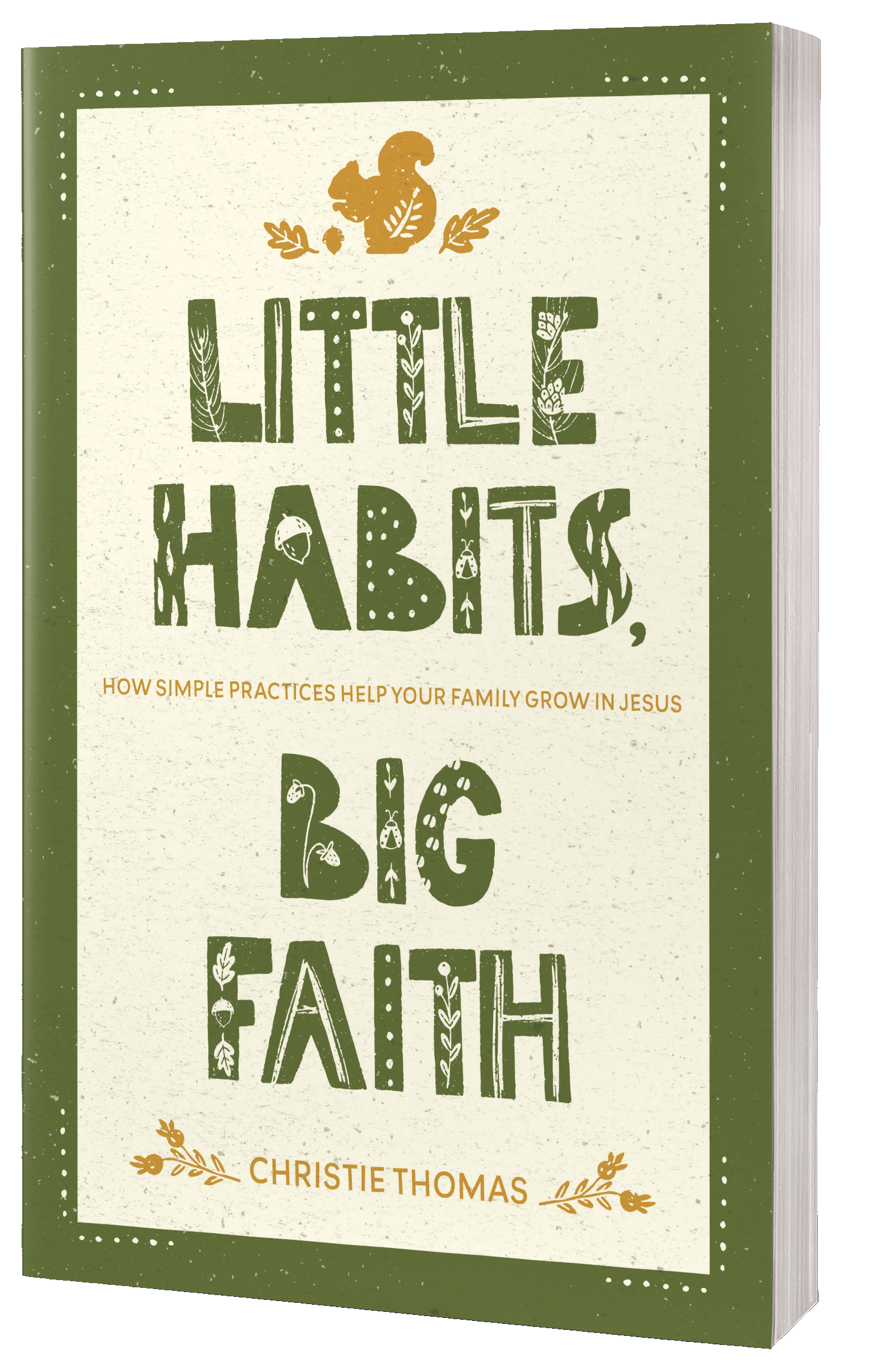As my parents age, I find myself thinking more about what it means to live in the “sandwich generation”, the time in life when we’re still responsible for our children, but need to take on more responsibility to support our aging parents.
The relationship and dynamic we have with our parents change throughout life. In the beginning, they’re our caregivers. And then we become adults, and it shifts. The relationship becomes more balanced, closer to that of a friendship than the earlier parent/child dynamic.
And then when they get older, the relationship shifts again, and we become their care providers. But here’s the thing: parents rarely suddenly become elderly; it’s a slow process. The best way to support them is to be aware of the change as early as possible, and then take proactive steps to ensure that they have everything they need.
We’ll run through some handy ways to support your elderly loved ones without ever becoming overbearing.
Check-In
Loneliness is increasingly prevalent among the elderly community. Since mobility is often reduced at this time, it can be difficult — or less inviting at least — to get out of the home and socialize. As such, many older people feel cut off and a little isolated. Of all the issues that can affect elderly people, this is the one that doesn’t need to be a reality. Checking in with your parents every day, especially if they live alone, can help to keep feelings of loneliness at bay.
Help Out With Tasks
Life’s tasks become more challenging to manage when we get older. You can subtly support your elderly family members by taking care of some routine tasks, such as buying groceries, cleaning the house, and taking care of home maintenance jobs. In many cases, your family member will have no trouble accepting this help, but it’s usually best to just do the tasks without asking for permission. It’s easy enough to take a few minutes to sweep the kitchen while you’re there; you don’t necessarily have to ask!
Health Support
Your elderly family members will have more health concerns as they get older. Ensuring that they are safe and healthy won’t just benefit them; it’ll also give you peace of mind, too. You can help manage their health by making and transporting them to their medical appointments, encouraging them to use a life alert system, and making sure that they go outside for walks and other physical activities whenever possible. In doing so, you’ll be helping to keep them at their physical best while also promoting overall mental well-being, too.
Quality Time
Your elderly parents will appreciate any quality time they spend with you, but it’s not just for their benefit — you’ll enjoy it, too. Taking time to go out for dinner, visiting old favorites, and taking trips will help boost the happiness levels of everyone in the family.
Get Their Input
Finally, one of the best ways to support your elderly family member is to ask them directly what they need and want. All too often, children look to take control of their aging parents’ lives (oops). Even though they’re well-intentioned, this taking over of control can end up causing more problems for the family member. Getting their input about matters related to their finances, home arrangement, and other key factors will help them retain as much sense of autonomy as possible.




0 Comments